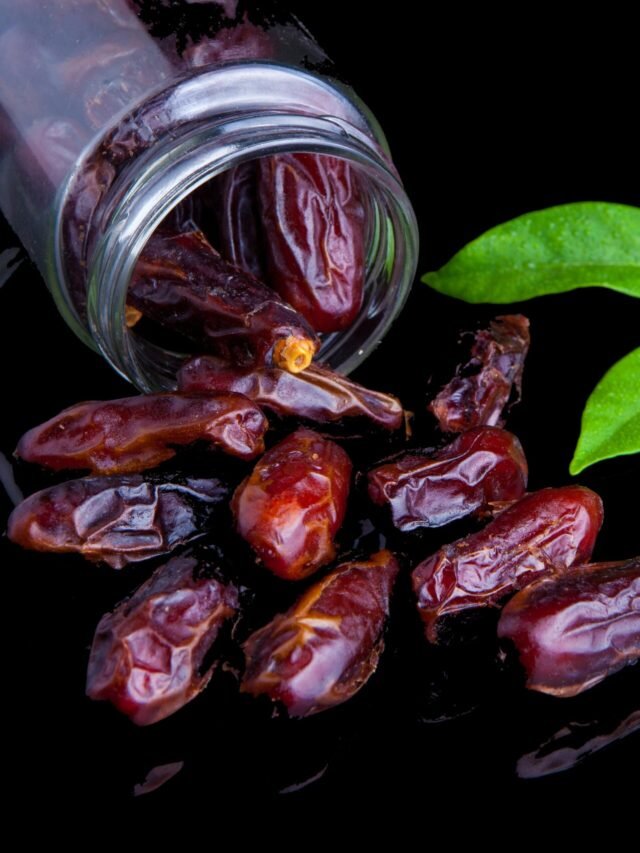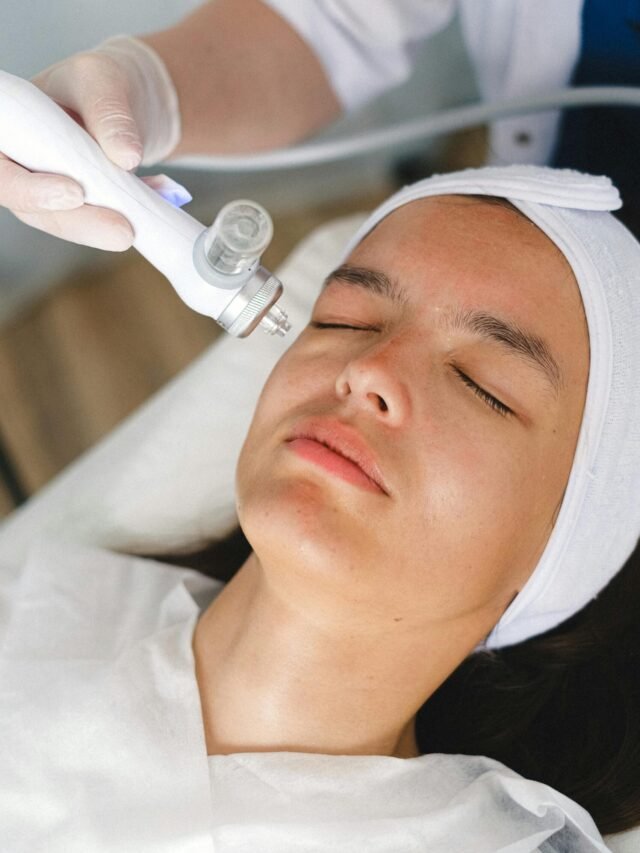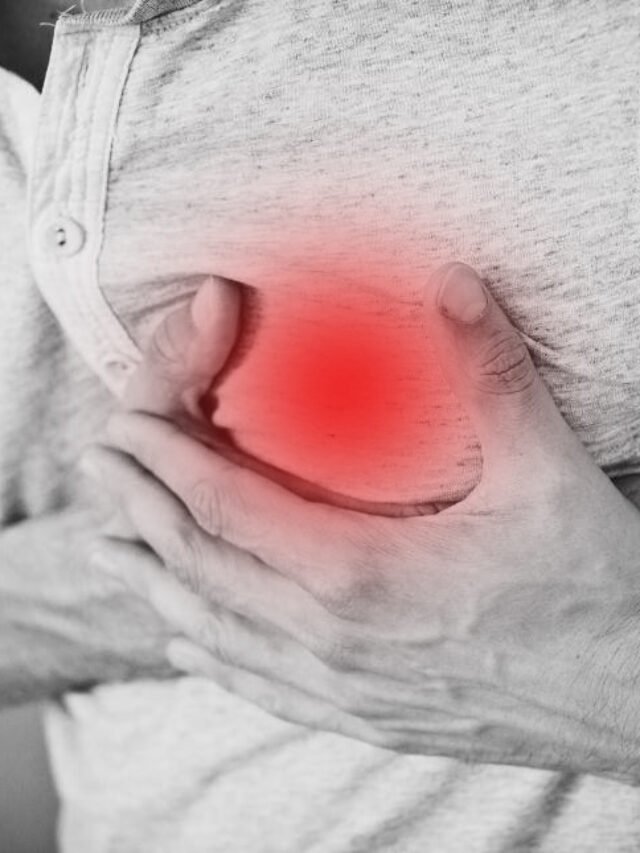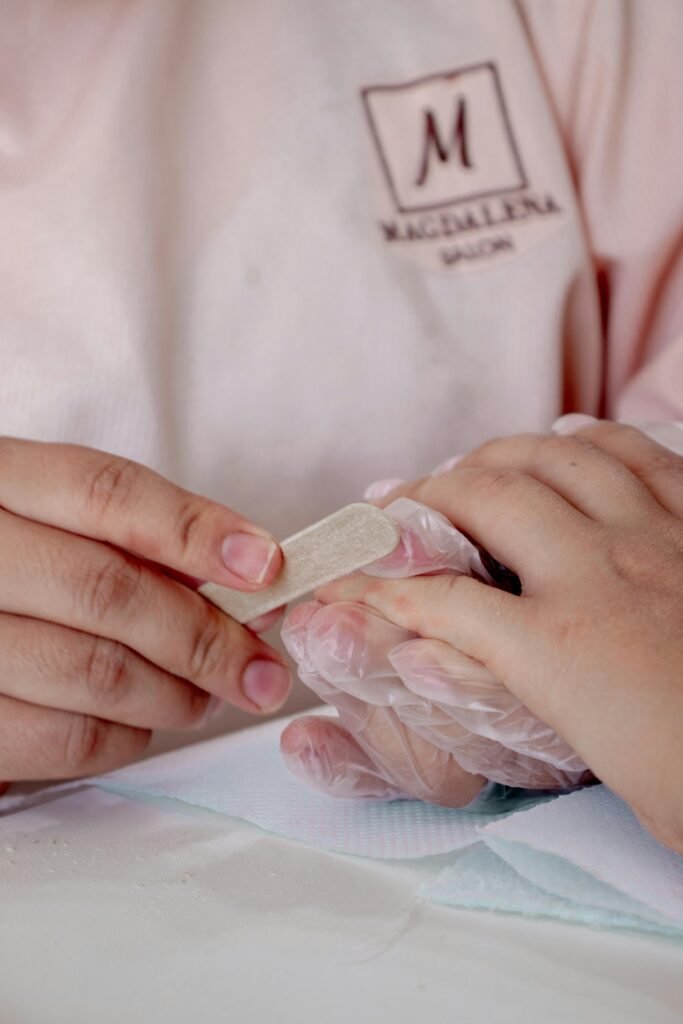
How to Quit Drugs Naturally: A Journey to Freedom and Healing
Addiction can feel like a relentless storm, uprooting every aspect of your life. The idea of quitting drugs might seem overwhelming, but there is hope. Choosing to quit drugs naturally, without relying on medications, is a brave and empowering decision. It’s about taking control of your life and finding healing through natural methods. In this blog, we’ll explore how to quit drugs naturally, focusing on holistic approaches that address the mind, body, and spirit.
Understanding the Challenge
Quitting drugs is a significant challenge that requires determination, support, and a strong will. Addiction affects both the body and mind, creating dependencies that are hard to break. But it’s important to remember that recovery is possible. By understanding the journey ahead and preparing yourself for the challenges, you can increase your chances of success.

The Ultimate Guide to Understanding and Improving Mental Health 2024
The Ultimate Guide to Understanding and Improving Mental Health 2024
1. Building a Strong Support System: The Foundation of Recovery
One of the most crucial steps in quitting drugs naturally is building a strong support system. You don’t have to face this journey alone. Reach out to family, friends, and support groups who can provide encouragement, understanding, and accountability.
Family and Friends
Your loved ones can be your greatest allies in recovery from quitting drugs. Talk to them about your decision to quit drugs and let them know how they can support you. This might involve helping you avoid triggers, offering a listening ear, or simply being there when you need someone to talk to.
Support Groups
Support groups, such as Narcotics Anonymous (NA), provide a community of people who understand what you’re going through. Sharing your experiences and hearing others’ stories can be incredibly motivating and reassuring. These groups offer a safe space to express your struggles and celebrate your successes.
2. Mindfulness and Meditation: Healing from Within
Mindfulness and meditation are powerful tools that can help you manage cravings, reduce stress, and find inner peace. These practices encourage you to focus on the present moment, helping you stay grounded and calm.
Practicing Mindfulness
Mindfulness involves paying attention to your thoughts, feelings, and surroundings without judgment. By becoming more aware of your triggers and responses, you can learn to navigate cravings and stress more effectively. Simple mindfulness exercises, like deep breathing and body scans, can be done anywhere and anytime.
Meditation Techniques
Meditation helps quiet the mind and promotes relaxation. Even a few minutes a day can make a big difference. There are various types of meditation, such as guided meditation, loving-kindness meditation, and mindfulness meditation. Experiment with different techniques to find what works best for you.
3. Physical Activity: Rebuilding Strength and Vitality
Exercise is a natural way to boost your mood, reduce stress, and improve overall health. Physical activity releases endorphins, the body’s natural feel-good chemicals, which can help combat cravings and improve mental well-being.
Finding an Activity You Enjoy
The key to maintaining a regular exercise routine is finding an activity you enjoy. This could be anything from walking, running, or swimming to yoga, dancing, or cycling. Start with small, manageable goals and gradually increase the intensity and duration of your workouts.
Benefits of Exercise
Regular physical activity can improve your sleep, increase your energy levels, and enhance your self-esteem. It also provides a healthy way to cope with stress and distracts you from cravings. The sense of accomplishment from reaching fitness goals can be a powerful motivator in your recovery journey.
4. Healthy Nutrition: Nourishing Your Body
Proper nutrition is essential for recovery. Drugs can deplete your body of essential nutrients, leading to physical and mental health issues. By adopting a balanced diet, you can help your body heal and regain strength.
Eating a Balanced Diet
Focus on consuming a variety of fruits, vegetables, lean proteins, whole grains, and healthy fats. These foods provide the nutrients your body needs to repair itself and function optimally. Avoid processed foods, sugary snacks, and excessive caffeine, as they can negatively impact your mood and energy levels.
Hydration
Staying hydrated is also crucial. Water helps flush toxins from your body and keeps your organs functioning properly. Aim to drink at least eight glasses of water a day, and more if you’re active or live in a hot climate.
5. Therapy and Counseling: Addressing the Root Causes
While quitting drugs naturally focuses on physical and lifestyle changes, it’s equally important to address the emotional and psychological aspects of addiction. Therapy and counseling can help you understand the root causes of your drug use and develop healthier coping mechanisms.
Cognitive-Behavioral Therapy (CBT)
CBT is a type of therapy that helps you identify and change negative thought patterns and behaviors. It’s particularly effective for addiction recovery, as it teaches you how to handle stress, avoid triggers, and deal with cravings.
Supportive Counseling
Supportive counseling provides a safe space to talk about your feelings and experiences. A counselor can offer guidance, support, and practical advice as you navigate your recovery journey. This type of therapy can help you build confidence, improve your relationships, and develop a more positive outlook on life.
6. Herbal Remedies and Natural Supplements: Aiding Recovery
Certain herbal remedies and natural supplements can support your body and mind during recovery. While these should not replace professional medical advice, they can complement your natural approach to quitting drugs.
Herbal Remedies
- Valerian Root: Known for its calming properties, valerian root can help reduce anxiety and promote better sleep.
- Milk Thistle: This herb supports liver health, which is especially important for those recovering from drug use.
- Ashwagandha: An adaptogen that helps the body manage stress, ashwagandha can improve mood and energy levels.
Natural Supplements
- Omega-3 Fatty Acids: Found in fish oil, these fatty acids support brain health and can improve mood.
- Vitamin B Complex: These vitamins are essential for energy production and brain function.
- Magnesium: Magnesium can help reduce anxiety, improve sleep, and support muscle function.
7. Creative Outlets: Expressing Yourself
Finding a creative outlet can be a therapeutic way to express your emotions and keep your mind engaged. Whether it’s painting, writing, music, or crafting, creative activities provide a healthy way to process your feelings and distract yourself from cravings.
Art Therapy
Art therapy involves using creative processes to explore emotions and improve mental health. You don’t need to be an artist to benefit from art therapy; the focus is on self-expression rather than artistic skill.
Journaling
Keeping a journal can help you track your progress, reflect on your experiences, and identify patterns in your thoughts and behaviors. Writing about your feelings and challenges can provide clarity and relief.
8. Developing New Hobbies: Filling Your Time with Positivity
One of the biggest challenges in quitting drugs is finding new ways to fill your time. Developing new hobbies can provide a sense of purpose and joy, helping you stay focused on your recovery.
Exploring Interests
Think about activities you’ve always wanted to try or hobbies you used to enjoy before addiction took over. This could be anything from gardening and cooking to learning a new language or playing a musical instrument.
Building Routine
Incorporating new hobbies into your daily routine can create structure and stability. It gives you something positive to look forward to each day and helps prevent boredom, which can be a trigger for drug use.
9. Spiritual Practices: Finding Inner Peace
For many, spirituality plays a significant role in recovery. Whether through organized religion or personal spiritual practices, connecting with a higher power or your inner self can provide strength and guidance.
Prayer and Meditation
Prayer and meditation can offer comfort and a sense of connection. These practices encourage introspection, helping you find peace and clarity.
Nature and Mindfulness
Spending time in nature and practicing mindfulness can also be deeply spiritual experiences. Nature has a calming effect and can help you feel more grounded and connected to the world around you.
10. Setting Goals and Celebrating Milestones: Keeping Motivation Alive
Setting goals and celebrating milestones can keep you motivated and focused on your recovery journey. These goals don’t have to be big; small, achievable goals can provide a sense of accomplishment and progress.
Short-Term and Long-Term Goals
Set both short-term and long-term goals for yourself. Short-term goals might include daily or weekly achievements, such as attending a support group meeting or completing a mindfulness exercise. Long-term goals could be related to your overall health, career, or personal relationships.
Celebrating Milestones
Celebrate your milestones, no matter how small. Each step forward is a victory. Reward yourself for your hard work and dedication. This could be something simple, like treating yourself to a nice meal, or something more significant, like taking a trip or pursuing a new hobby.
Conclusion
Quitting drugs naturally is a courageous and empowering choice. It’s a journey that requires strength, determination, and support. By focusing on holistic approaches that nurture the mind, body, and spirit, you can find healing and freedom from addiction. Remember, you are not alone. There is a world of support and resources available to help you on this path. Embrace the journey with hope and know that a brighter, healthier future awaits.
Click here for more information:


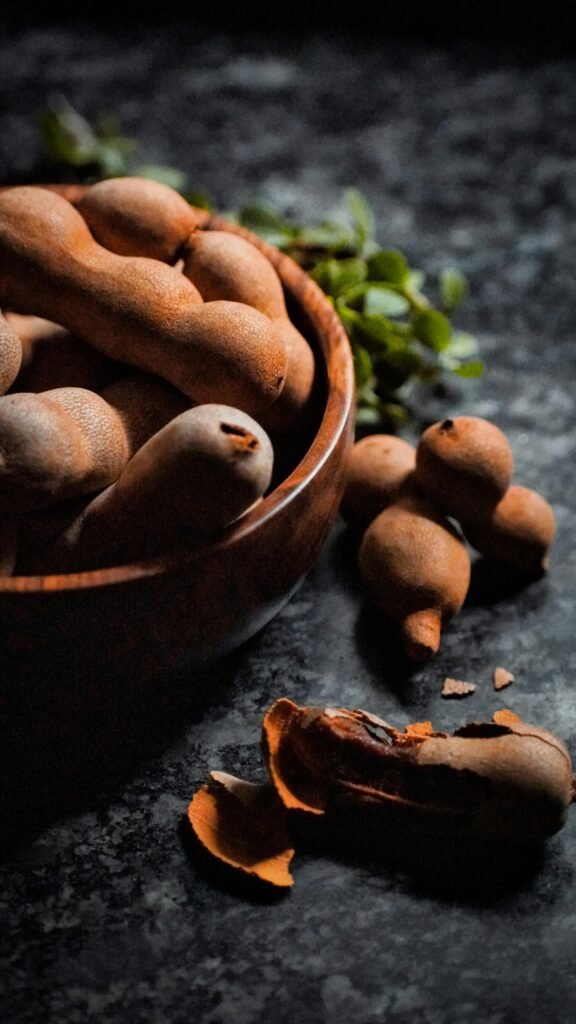
“इमली के बीजों को फेंकने की भूल मत करें: 14,000 Crore के Market में छिपा है सोना”

कहीं आप भी तो नही कर रहे Badi Ilyachi और Chhoti Ilyachi का गलत उपयोग,जाने आयुर्वेद के अनुसार

भारतीय पंचांग और आयुर्वेद के अनुसार किस मौसम में क्या खाएं और क्या नहीं 2024?
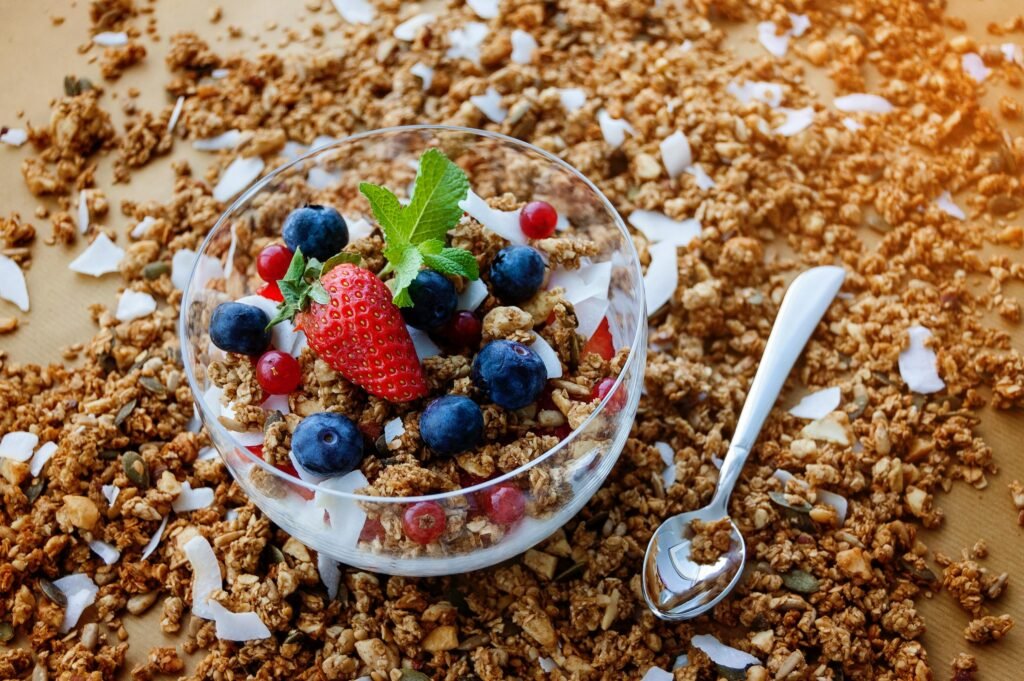

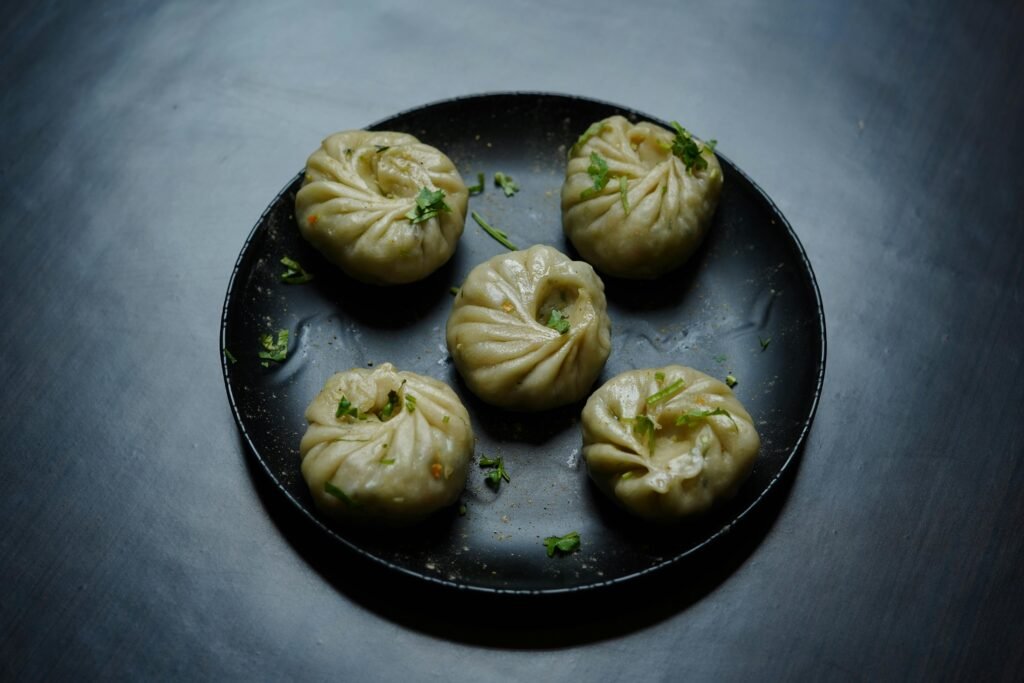
अगर “Momos” खाकर आपको भी हो रही है उल्टिया ,तो कहीं आपको ये जानलेवा बिमारी तो नहीं?
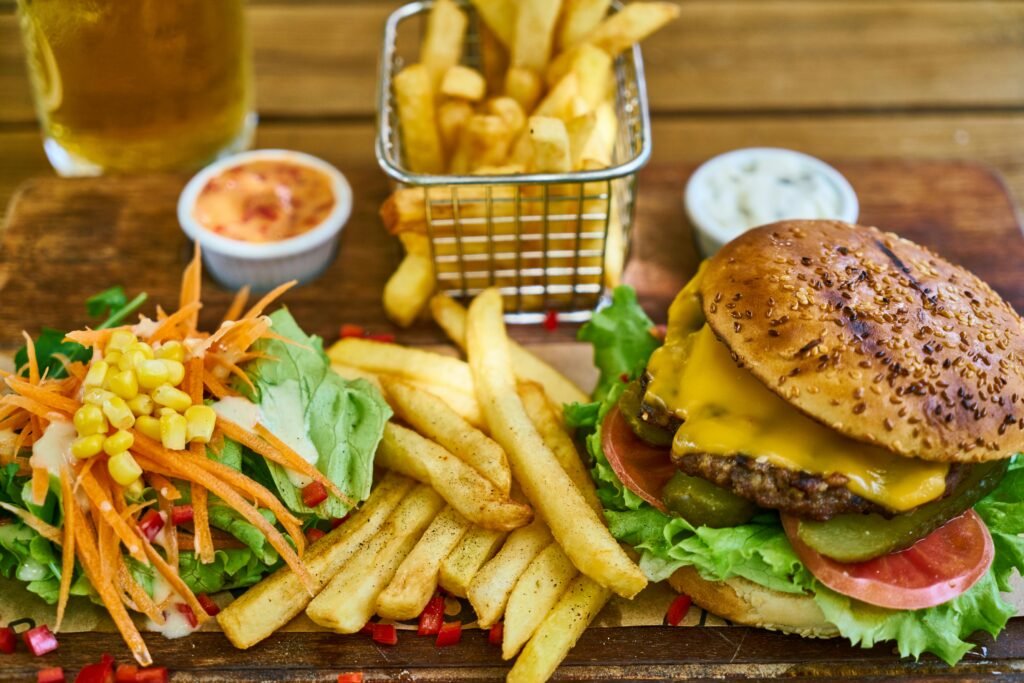
10 Foods जो आपके लिए जानलेवा हो सकते हैं: अभी बंद करें इनका सेवन

